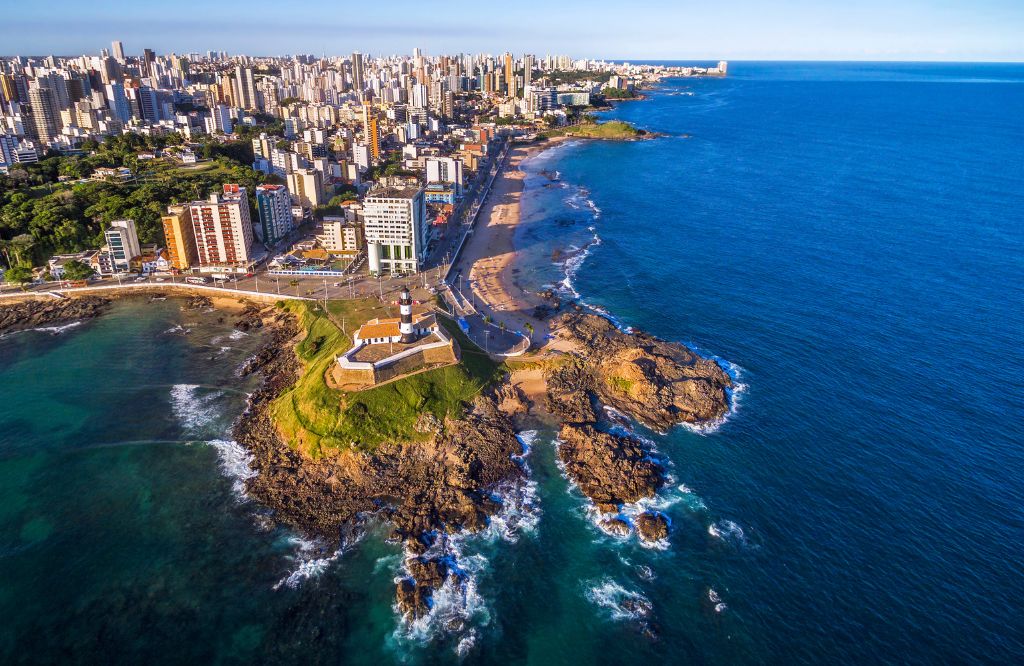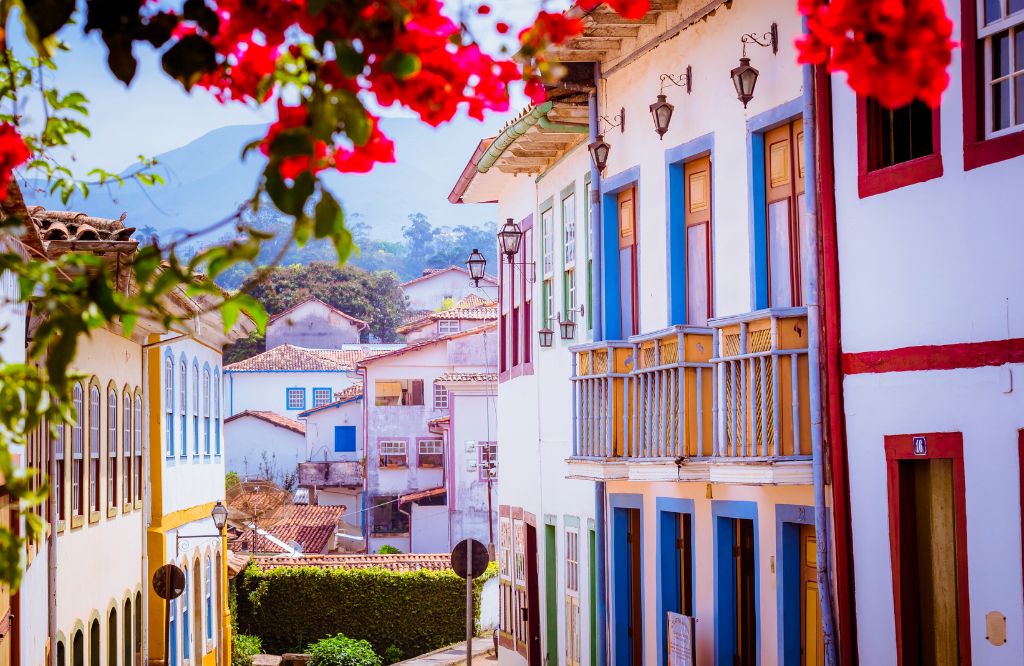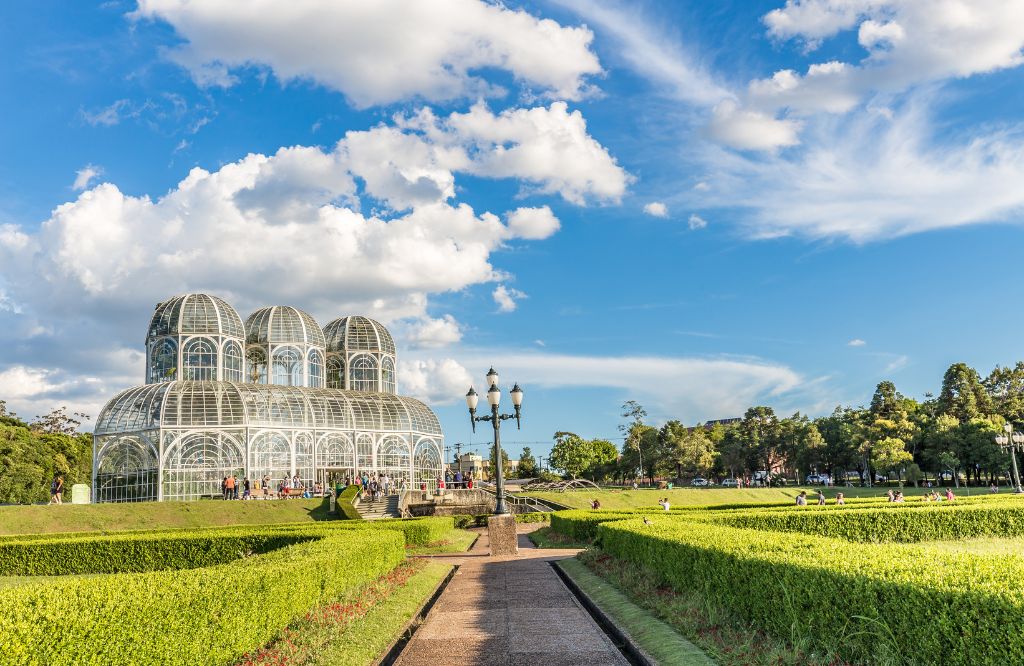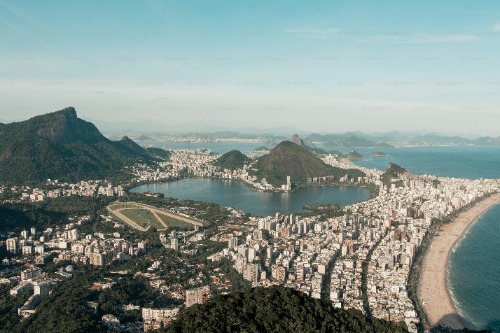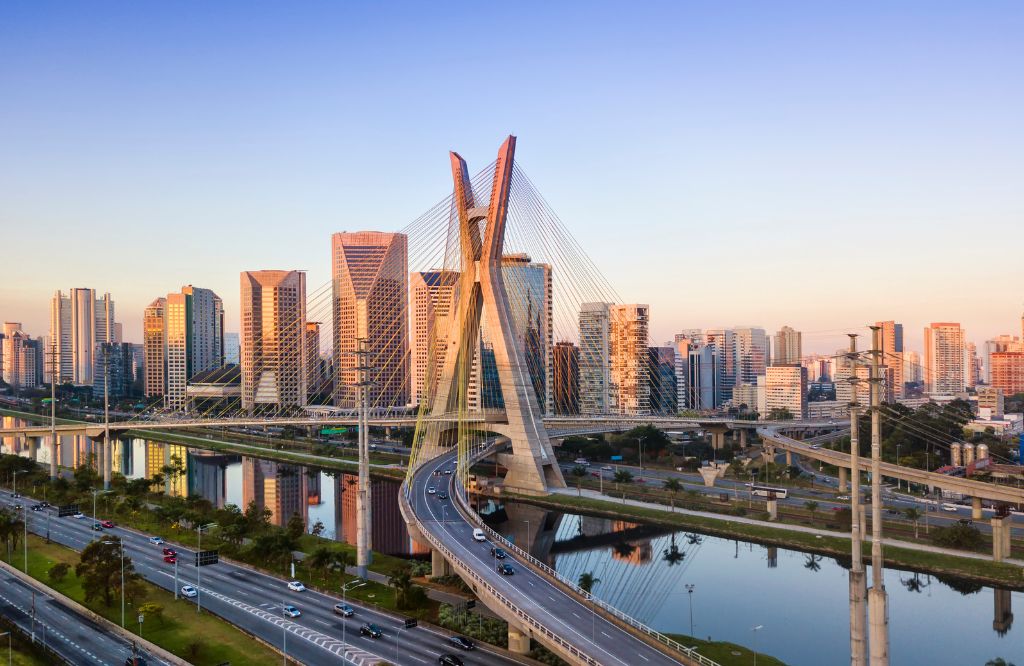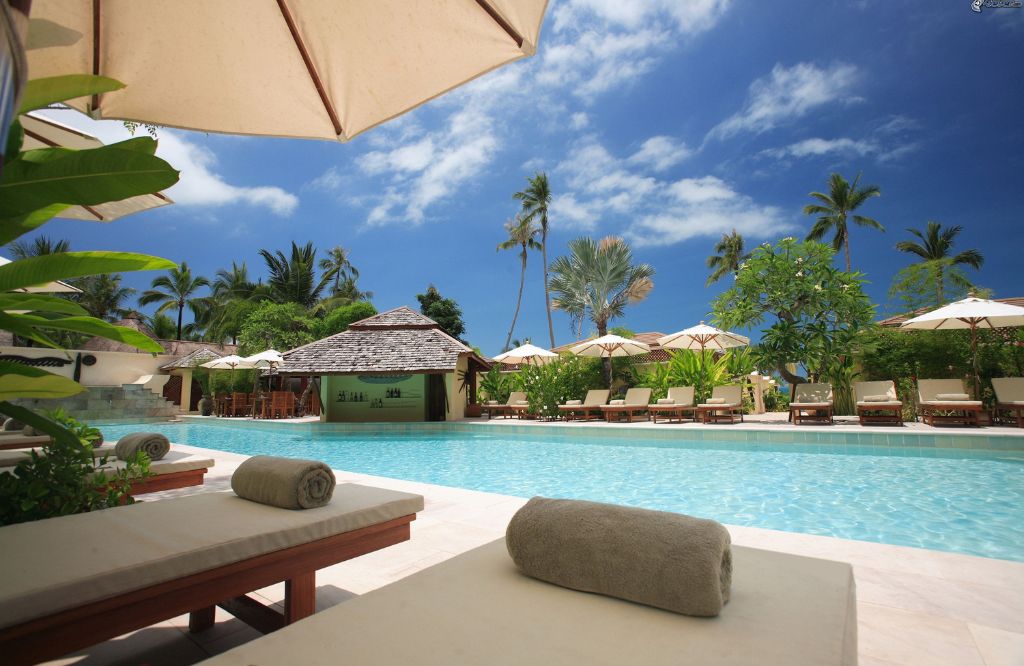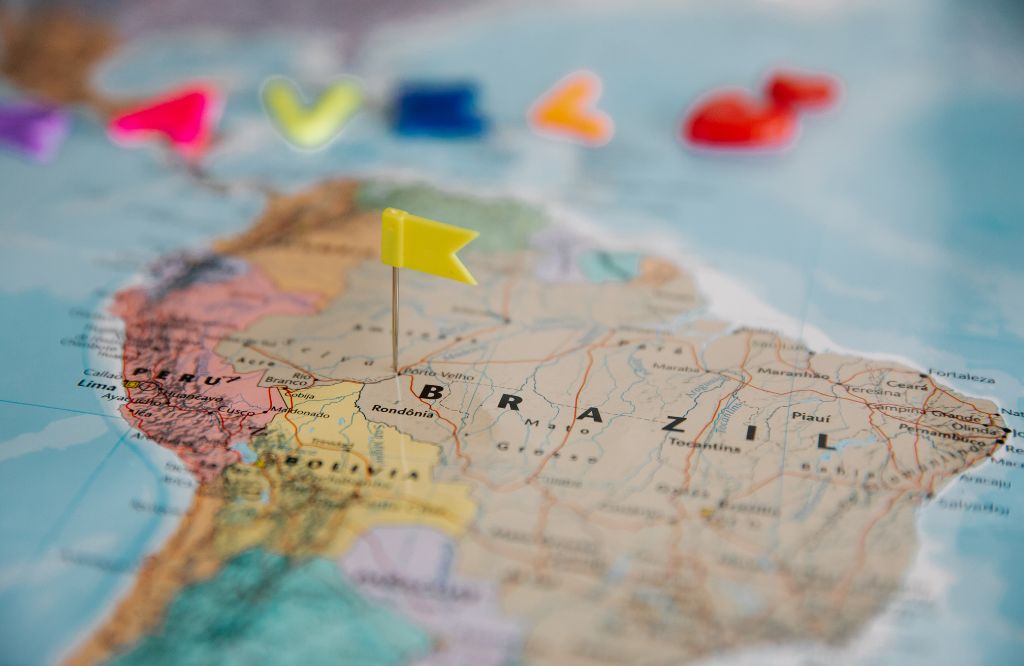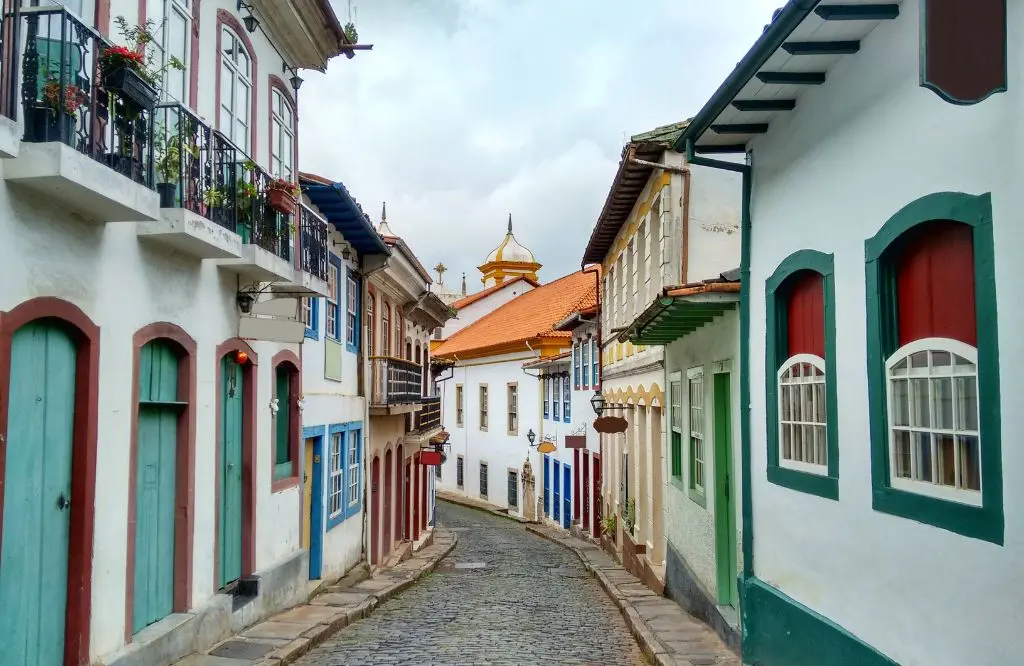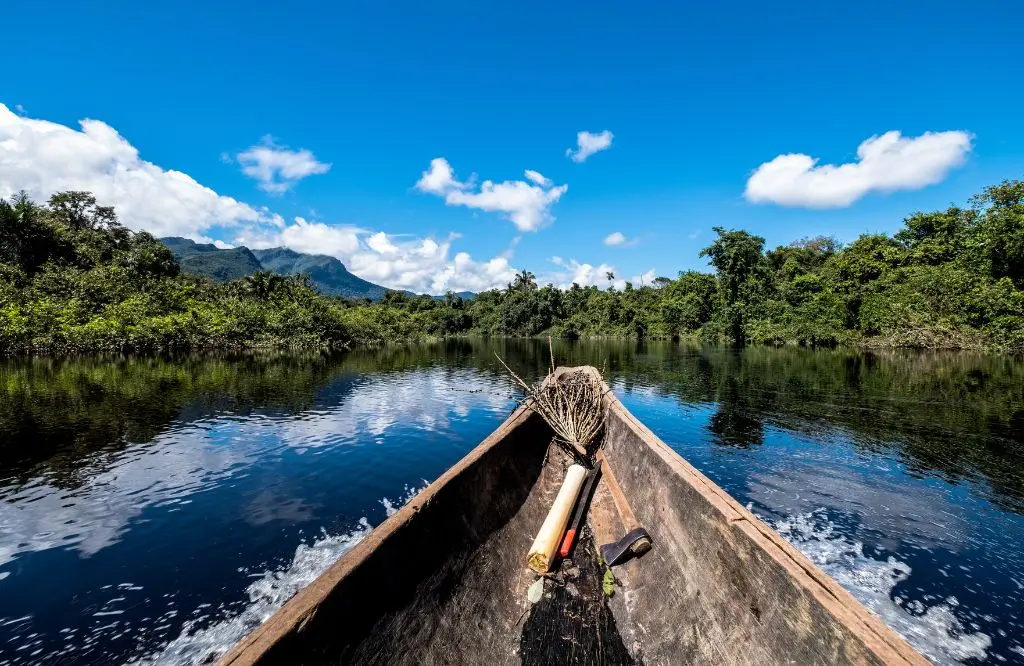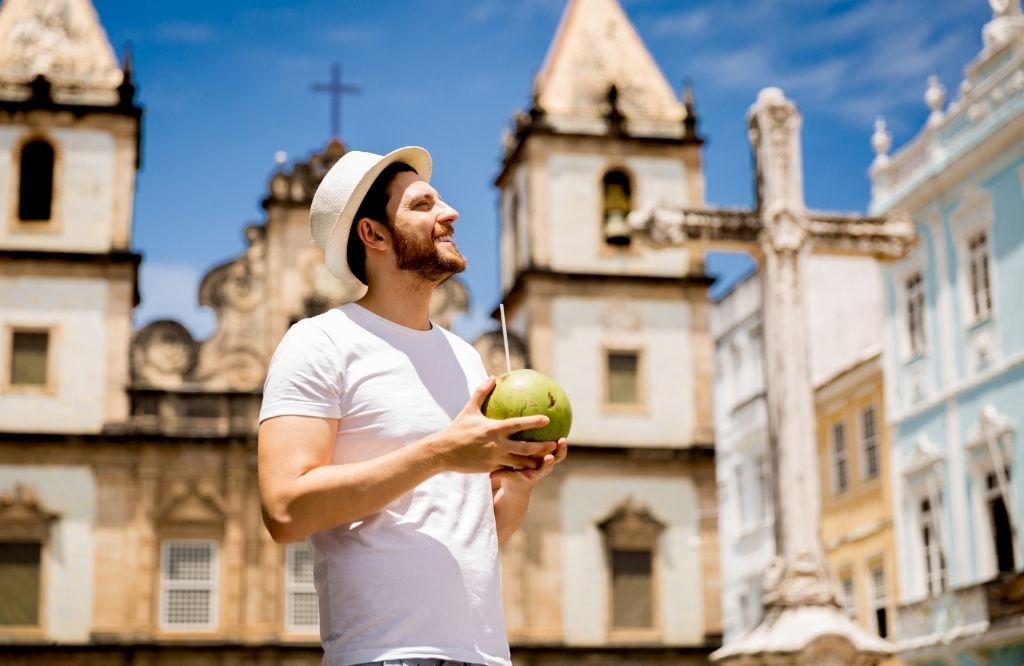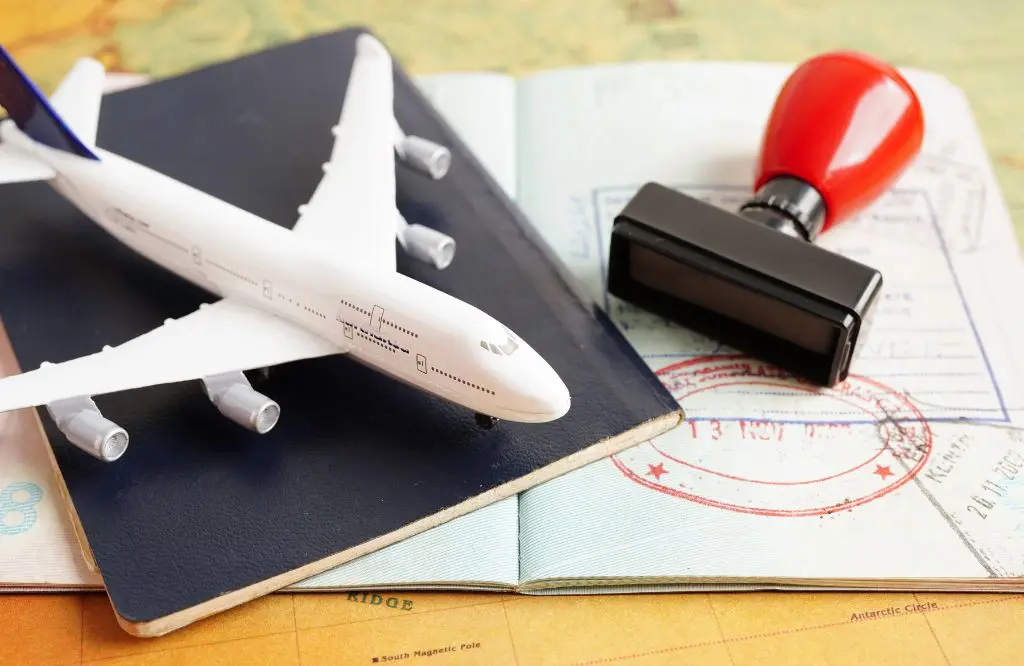
Brazil is a country of unparalleled natural beauty and vibrant culture, attracting millions of visitors annually. To ensure a smooth and hassle-free trip, it’s crucial to understand entry requirements, necessary documentation, and specific rules for tourists. In this guide, we’ll explore the essential aspects that every traveler should know before embarking on a journey to Brazil.
Preparing adequately for your trip to Brazil involves more than just packing and choosing destinations. Understanding immigration procedures, available visa types, and local regulations is crucial for a positive experience. Let’s dive into the details that every traveler needs to know about documents, visas, and rules for visiting Brazil.
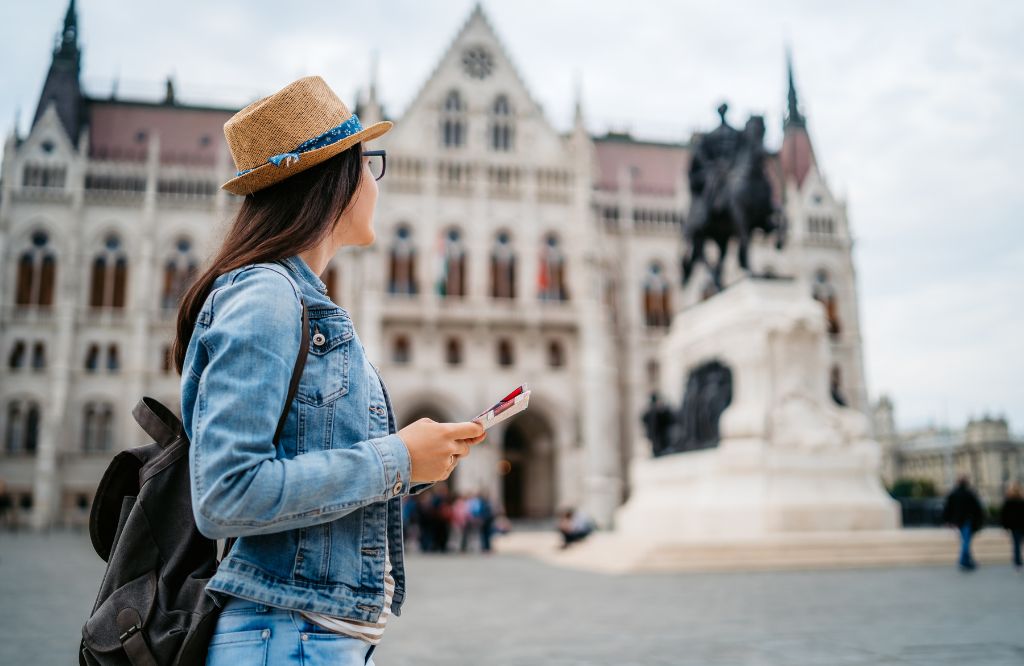
Key Information
Before delving into the details about documents and visas for Brazil, it’s important to have an overview of the essential information. This section will provide a panorama of the most relevant aspects that every traveler should know when planning their visit to the country. From basic entry requirements to practical tips on staying, you’ll find here a complete guide to navigate confidently through immigration procedures and visitation rules in Brazil.
Basic Entry Requirements
To enter Brazil, every foreign visitor must present:
- Valid passport with at least six months validity beyond the planned return date
- Visa, when applicable (depending on nationality and purpose of travel)
- Proof of return or onward travel
- Proof of accommodation or invitation letter, in some cases
- Proof of financial means to support the stay
Visa Exemption
Many countries have visa exemption agreements with Brazil for short stays (usually up to 90 days). Check if your country is on the exempt list before planning your trip.
Vaccination
Depending on your country of origin and places you’ve recently visited, you may need to present the International Certificate of Vaccination, especially for yellow fever.
Goods Declaration
When entering Brazil, you must declare goods whose total value exceeds US$ 1,000.00. This includes cash, traveler’s checks, and other valuable items.
Stay and Extension
The initial stay period for tourists is generally 90 days, which can be extended for another 90 days, totaling 180 days per year. The extension must be requested from the Federal Police before the initial period expires.
Specific Rules for Minors
Minors under 18 traveling unaccompanied or with only one parent need special authorization. Make sure to obtain all necessary documents before the trip.
Foreigner Registration
If the foreigner is already in Brazilian territory and wishes to extend his stay or obtain a residence permit, he or she must refer to the Ministry of Justice/Federal Police or the Ministry of Labour, if said authorization is for instance for work or research purposes.
Travel Insurance
Although not mandatory for entry, it’s highly recommended to have travel insurance that covers medical expenses and repatriation.
Knowing this key information will help you plan your trip with more peace of mind and avoid unpleasant surprises upon arrival in Brazil. Always remember to check the most recent information on official Brazilian government websites, as rules may change.
Necessary Documentation
Regardless of the need for a visa, all visitors must be prepared to present certain documents when entering Brazil. Having all documentation in order not only facilitates the entry process but also ensures a smooth stay in the country. Here’s a detailed list of essential documents:
Valid Passport
- The passport must be valid for at least six months beyond the planned return date.
- It must contain at least two blank pages for entry and exit stamps.
- Make sure the passport is in good condition, without damage or alterations.
Proof of Travel
- Return ticket or onward travel ticket.
- For car or bus trips, it may be necessary to present a detailed itinerary.
- Open or flexible tickets are generally accepted but may be questioned.
Proof of Accommodation
- Hotel or inn reservations for the entire duration of the stay.
- If staying with friends or family, an invitation letter may be necessary.
- For long trips, it’s acceptable to have reservations only for the first few days, with a general plan for the rest of the trip.
Proof of Financial Means
- Recent bank statements or proof of income.
- Valid international credit cards.
- For students or sponsored travelers, a sponsorship letter may be necessary.
- The amount considered sufficient may vary but is generally calculated based on the duration of stay and the cost of living in Brazil.
Additional Documents
- Visa, when applicable (printed or electronic, depending on the type).
- International Certificate of Vaccination, especially for yellow fever, if coming from risk areas.
- For business trips, a letter from the company explaining the purpose of the visit.
- For students, acceptance letter from the Brazilian educational institution.
Copies and Backups
- It’s highly recommended to make copies of all important documents.
- Keep a digital copy in a secure cloud storage service.
- Carry a physical copy separate from the originals, stored in a different location.
Specific Documents for Minors
- Travel authorization signed by both parents if the minor is traveling alone or with only one parent.
- Original birth certificate or certified copy.
Remember that although these are the general requirements, immigration authorities may request additional documents at their discretion. Being well-prepared and organized will greatly facilitate the entry process and ensure a smooth start to your stay in Brazil.
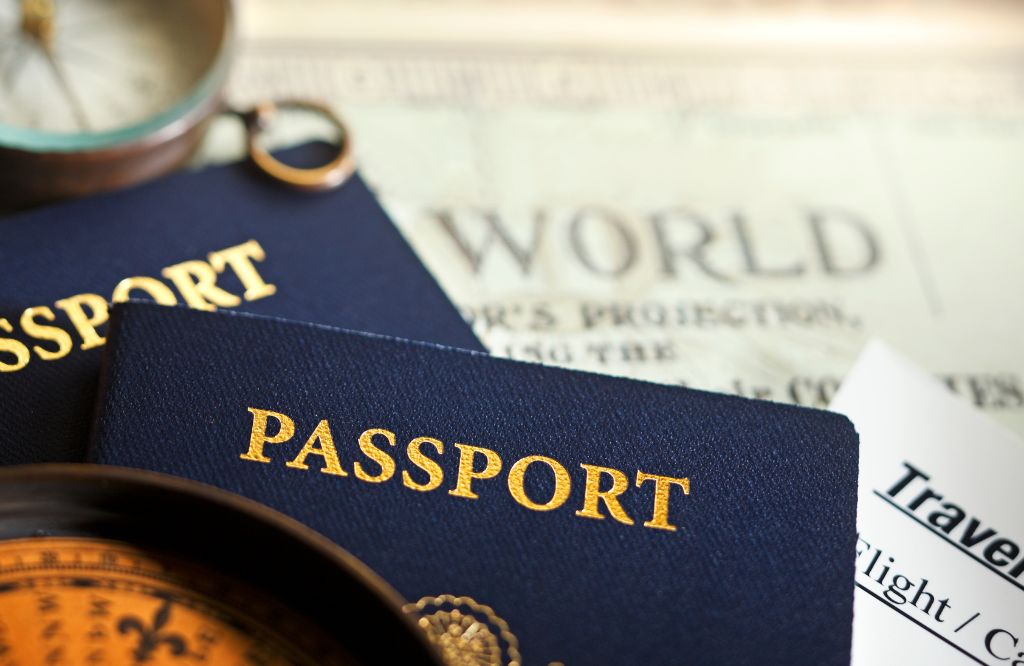
Types of Visa for Brazil
Brazil offers various types of visas, depending on the purpose of the trip. Choosing the correct visa is essential to avoid problems with immigration authorities. Here are the most common types and their characteristics:
Tourist Visa (VITUR)
- Purpose: For leisure trips, family visits, or participation in non-profit cultural events.
- Duration: Generally valid for 90 days, can be extended for another 90 days.
- Requirements: Valid passport, proof of accommodation, return ticket, and proof of financial means.
Business Visa (VITEM II)
- Purpose: For commercial activities, conference participation, business meetings, contract signing.
- Duration: Can be short-term (90 days) or long-term (up to 3 years).
- Requirements: In addition to basic documents, an invitation letter from the Brazilian company or proof of event registration is required.
Student Visa (VITEM IV)
- Purpose: For those who wish to study in Brazil, whether in undergraduate, graduate, or exchange programs.
- Duration: Varies according to the course duration, can be from a few months to several years.
- Requirements: Acceptance letter from the Brazilian educational institution, proof of financial means to support oneself in the country.
Work Visa (VITEM V)
- Purpose: For those with a job offer in the country or coming to perform specific professional activities.
- Duration: Generally valid for up to 2 years, can be extended.
- Requirements: Work contract approved by the Brazilian Ministry of Labor, plus specific documentation depending on the type of activity.
Researcher Visa (VITEM I)
- Purpose: Intended for scientists, researchers, and academics coming to conduct research in Brazil.
- Duration: Can vary according to the research project, generally up to 2 years.
- Requirements: Invitation letter from the Brazilian institution, approved research project.
Permanent Visa
- Purpose: For those who wish to reside permanently in Brazil, such as retirees, investors, or for family reunion.
- Duration: Initially granted for 2 years, can be converted to permanent after this period.
- Requirements: Vary according to the specific category, but generally include proof of income, investments, or family ties in Brazil.
It’s important to note that visa requirements and processes may change, and it’s always advisable to consult the official website of the Brazilian Ministry of Foreign Affairs or the nearest Brazilian embassy/consulate to obtain the most up-to-date and specific information for your situation.
Conclusion
Traveling to Brazil can be an incredible and enriching experience. With proper preparation and knowledge of entry requirements, necessary documentation, and local rules, you’ll be able to fully enjoy everything this diverse country has to offer. Always remember to stay informed about the latest updates regarding visa and entry requirements, as regulations may change.
Brazil offers a unique blend of natural beauty, rich culture, and welcoming people. From the paradisiacal beaches of the northeast to the lush Amazon rainforest, and through vibrant cities like Rio de Janeiro and São Paulo, there’s something for every type of traveler.
By following the recommendations in this guide and staying attentive to local norms, you’ll be well-prepared to immerse yourself in Brazilian culture, enjoy its famous hospitality, and create unforgettable memories.
Have a great trip and enjoy your stay in Brazil!
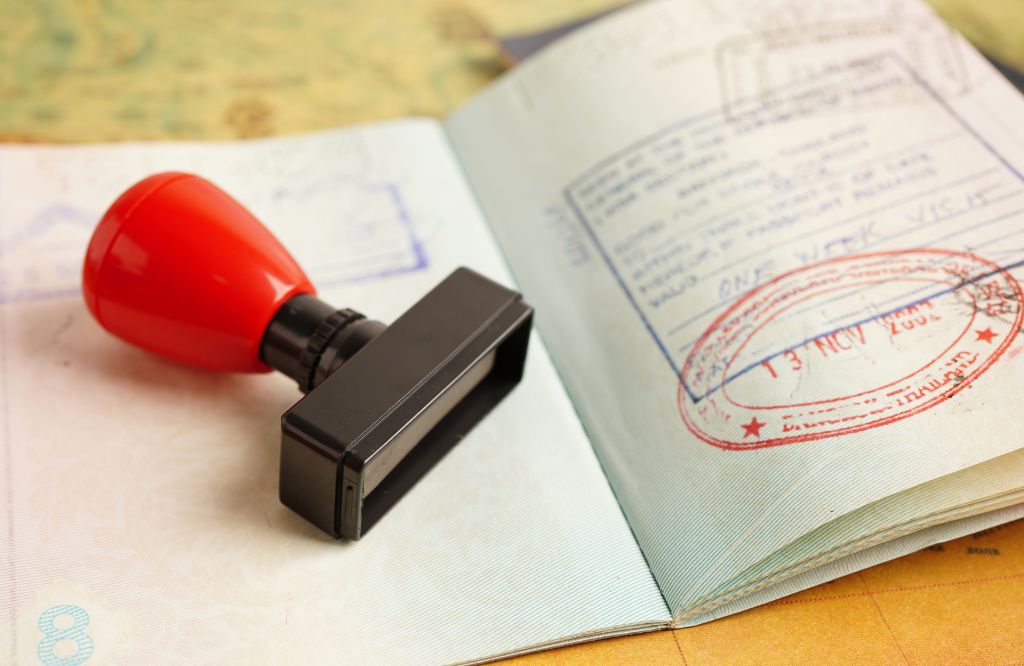
Frequently Asked Questions (FAQ)
Do I need a visa to enter Brazil?
It depends on your nationality. Many countries have visa exemption agreements for tourism. Check on the official website of the Brazilian Ministry of Foreign Affairs.
How long can I stay in Brazil as a tourist?
Generally, tourists can stay for up to 90 days, with the possibility of extension for another 90 days, totaling 180 days per year.
Can I work in Brazil with a tourist visa?
No. Working with a tourist visa is illegal. To work, you need a specific work visa.
What vaccines are mandatory for entering Brazil?
The yellow fever vaccine is recommended and may be mandatory depending on your country of origin or countries visited before arriving in Brazil.
Can I drive in Brazil with my home country’s driver’s license?
Yes, for a limited period. For longer stays, an International Driving Permit is required.
Is it safe to travel to Brazil?
Brazil is generally safe for tourists, but as anywhere, it’s important to take precautions, especially in large cities.
Do I need to speak Portuguese to visit Brazil?
It’s not mandatory, but knowing some basic phrases can be very helpful, as English is not widely spoken in all regions.
Can I use my international credit card in Brazil?
Yes, most international cards are accepted, but it’s advisable to inform your bank about the trip to avoid blocks.
What’s the best time to visit Brazil?
It depends on the region and what you want to do. Brazil has a diverse climate, but generally, the period from December to March is considered high season.
Do I need to declare money when entering Brazil?
Yes, if you’re bringing more than R$ 10,000 (or equivalent in foreign currency) in cash.
Can I extend my stay beyond the initial visa period?
Yes, it’s possible to request an extension from the Federal Police before the initial period expires.
Is it necessary to purchase travel insurance for Brazil?
It’s not mandatory, but it’s highly recommended to cover medical emergencies and other unforeseen events.
Related Content
News about Documentation and Visa for Brazil
See more posts >For more detailed and up-to-date information, we recommend consulting the following official resources:
- Brazilian Ministry of Foreign Affairs: Official information on visas and entry requirements.
- Brazilian Federal Police: Details on foreigner registration and stay extension.
- ANVISA (National Health Surveillance Agency): Updated information on health and vaccination requirements.
- Brazilian Ministry of Tourism: Official tourist guides and advice for visitors.


